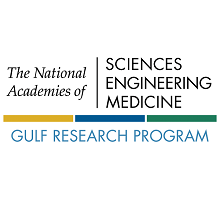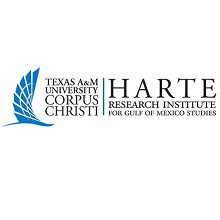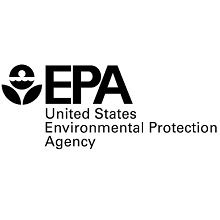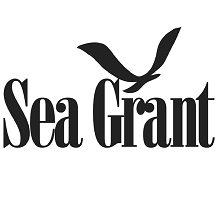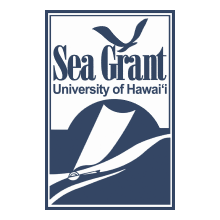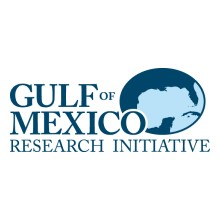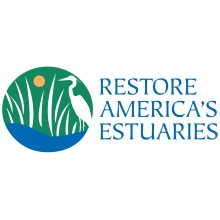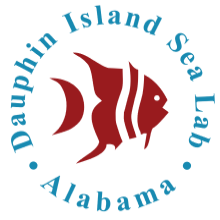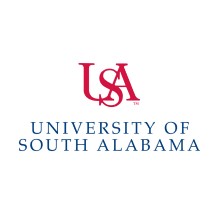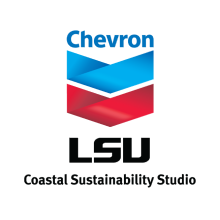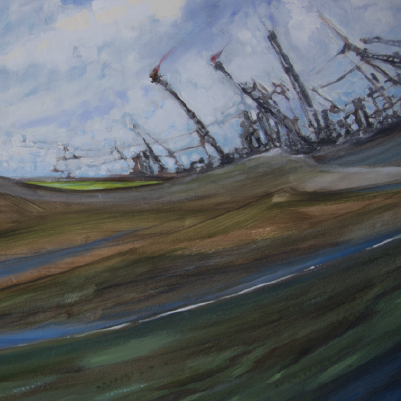- CERF 2019
- Program
- Post-Conference Resources
- Schedule-at-a-Glance
- Keynote
- Plenary Sessions
- Workshops
- Analyzing, Synthesizing, and Communicating Your Data
- Beginner GIS for Ecologists
- Best Practices in Science Communication
- Building and Sustaining Effective Community-Research Partnerships
- Concepts and Controversies in Tidal Marsh Ecology Revisited
- Democratizing Access to Ocean Observing Technology
- Engaging in Coastal Science After Retirement: Brainstorming Options and Opportunities
- Out in the Open: Identifying, Understanding, and Addressing Implicit Bias
- Putting Science "In the Room": Science Communication to Support Decision-Making
- Sharing and Applying Best Practices for Mapping/Monitoring Coastal SAV
- The Next Step with R: Data Management, Graphics, and Functions
- Town Halls
- Cultural Heritage and Coastal Humanities
- The Slave Schooner Clotilda: Hidden but Not Forgotten
- Presenter Resources
- Student Presentation Judging Opportunity
- Activities
- Sponsor/Exhibit
- Student/Early Career
- Live Stream Recordings
- Conference Photos
Estuaries and Coasts Town Hall:Misuse of P-values and why Estuaries and Coasts discourages the phrase statistically significant.Date: Thursday, 7 November For two decades, there has been a debate among statisticians about the misuse and misinterpretation of P-values. There is now a consensus among statisticians that it is wrong to use the binary choice of “statistically significant” or “non-significant” based on arbitrary assumptions about fixed alpha values e.g., 0.05 (Wasserstein et al. 2019), and some are recommending that editors ban the use of these terms from their journals (Hurlbert et al. 2019). The Estuaries and Coasts editors are considering this, but before taking such a drastic action, we want to explain to the CERF community what we are considering and why. This would both inform the CERF community that publishes in Estuaries and Coasts, provide advice on presenting results of statistical analyses, and allow the editors to receive feedback on how to move forward. Please join us and bring your own lunch. The End of Statistical Significance? Presentation by Eric SmithDownload PresentationSpeakers
Eric Smith is a professor in the Department of Statistics at Virginia Tech. His research has primarily focused on environmental and ecological problems. His recent research has focused on evaluation of restoration and analysis of data from sensor systems. Dr. Smith has been involved in several advisory committees including the National Academy of Science’s committees on effective monitoring to evaluate Gulf of Mexico restoration and the biennial committee on the evaluation of Everglades restoration progress. He also is a member of EPA’s chemical assessment advisory board and Chesapeake Bay’s science and technical advisory committee (STAC). He is a former department head in statistics, former director of the statistical consulting center and has served on several editorial boards including the Journal of the American Statistical Association, Environmetrics and the Journal of Agricultural, Biological and Environmental Statistics. Despite administrative work, his research is still statistically significant (p<0.05). He received his BS in Mathematics from the University of Georgia and MS and PHD from the University of Washington in Biomathematics.
Dr. Paul Montagna received a B.S. in Biology from SUNY Stony Brook (1971), an M.S. in Biology from Northeastern University (1975), a Ph.D. in Biology from the University of South Carolina (1983), and completed a postdoctoral fellowship at the Lawrence Livermore National Laboratory (1986). He was a professor at the University of Texas at Austin, Marine Science Institute from 1986 – 2006, where he was the creator and founding manager of the Mission-Aransas National Estuarine Research Reserve in 2006. In September 2006, he became the Endowed Chair for Ecosystem Studies and Modeling at the Harte Research Institute for Gulf of Mexico Studies. He has won the William A. Niering Outstanding Educator Award (Coastal & Estuarine Research Federation), the Conservation & Environmental Stewardship Award (Coastal Bend Bays Foundation), and Senior Guest Scientist Award (French NATO program). He has mentored 45 graduate students and 21 post docs. He has received more than $20 million in research awards, and has authored 232 publications including 1 book and 130 peer-reviewed articles. Dr. Montagna is a long-time CERF member having chaired the 1995 conference in Corpus Christi, Texas, Member at large between 1997-2001 and Gulf Estuarine Society President between 2004-2006.
Charles (“Si”) Simenstad is a Research Professor in the University of Washington’s School of Aquatic and Fishery Science, where he coordinates the Wetland Ecosystem Team. Prof. Simenstad is an estuarine and coastal marine ecologist who has studied the organization and function of estuarine and coastal marine ecosystems, communities and landscapes throughout Puget Sound, Washington, Oregon and California coasts, and Alaska for over forty years. Much of this research has focused on the functional role of estuarine and coastal habitats and food webs of fishes, especially juvenile Pacific salmon. Of particular interest are the ecological processes and community dynamics that are responsible for enhancing fish production and life history diversity, and whether restoration of estuarine ecosystems can rebuild ecosystem portfolios. Prof. Simenstad is a Fellow of the American Association for the Advancement of Science, Co-Editor-in-Chief for Estuaries and Coasts, and Associate Editor for San Francisco Estuary & Watershed Science, and the Encyclopedia of Puget Sound. He also serves on the Chief of the US Army Corps of Engineers Environmental Advisory Board and the Washington Department of Natural Resources, Commissioner of Public Lands’ Expert Council on Climate & Environmental Change. He has been a member of the Coastal and Estuarine Research Federation for almost four decades. He has authored or co-authored 70 peer-reviewed scientific papers, 20 book and proceedings chapters, ~32 miscellaneous publications and >125 workshop proceedings and technical reports. He has served as academic advisor for 30 M.S./Ph.D. graduate students, and served on an additional ~46 graduate student committees. Si holds a B.S. (1969) and M.S. (1971) from the School of Fisheries at the University of Washington.
Kenneth L. Heck, Jr. is a Senior Marine Scientist Emeritus at the Dauphin Island Sea Laboratory and a Professor Emeritus at the University of South Alabama. His research has focused on plant-animal interactions in coastal waters, with an emphasis on seagrass-dominated systems. His work has been done mostly along the U.S. Atlantic and Gulf coasts waters, but he has also carried out research in Central America, Europe and Western Australia. Recently, he has led efforts to restore northern Gulf of Mexico oyster reefs and seagrass meadows and to evaluate the effects of the tropicalization of the northern Gulf of Mexico. Dr. Heck has been served on the editorial staff of Estuaries and Coasts, Marine Ecology Prograss Series and Gulf of Mexico Science. He has co-edited two volumes of scientific research papers and has authored or co-authored approximately 200 peer-reviewed papers. He received a BS degree from the University of West Florida and MS and PhD degrees from Florida State University. References Hurlbert SH, Levine RA, Jessica Utts J (2019) Coup de Grâce for a tough old bull: “Statistically Significant” expires. The American Statistician 73(Sup1): 352-357. doi: 10.1080/00031305.2018.1543616 Wasserstein RL, Schirm AL, Lazar NA (2019) Moving to a world beyond “p < 0.05”, The American Statistician 73(Sup1): 1-19. doi: 10.1080/00031305.2019.1583913 |

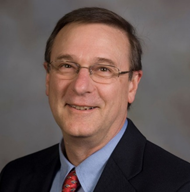 Eric Smith
Eric Smith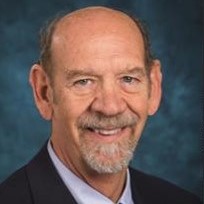 Paul Montagna
Paul Montagna Charles (“Si”) Simenstad
Charles (“Si”) Simenstad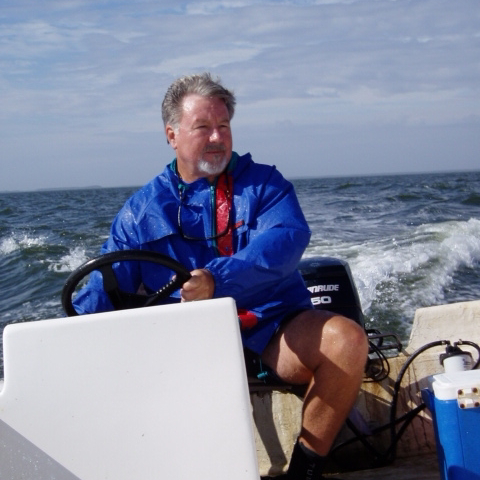 Kenneth Heck
Kenneth Heck